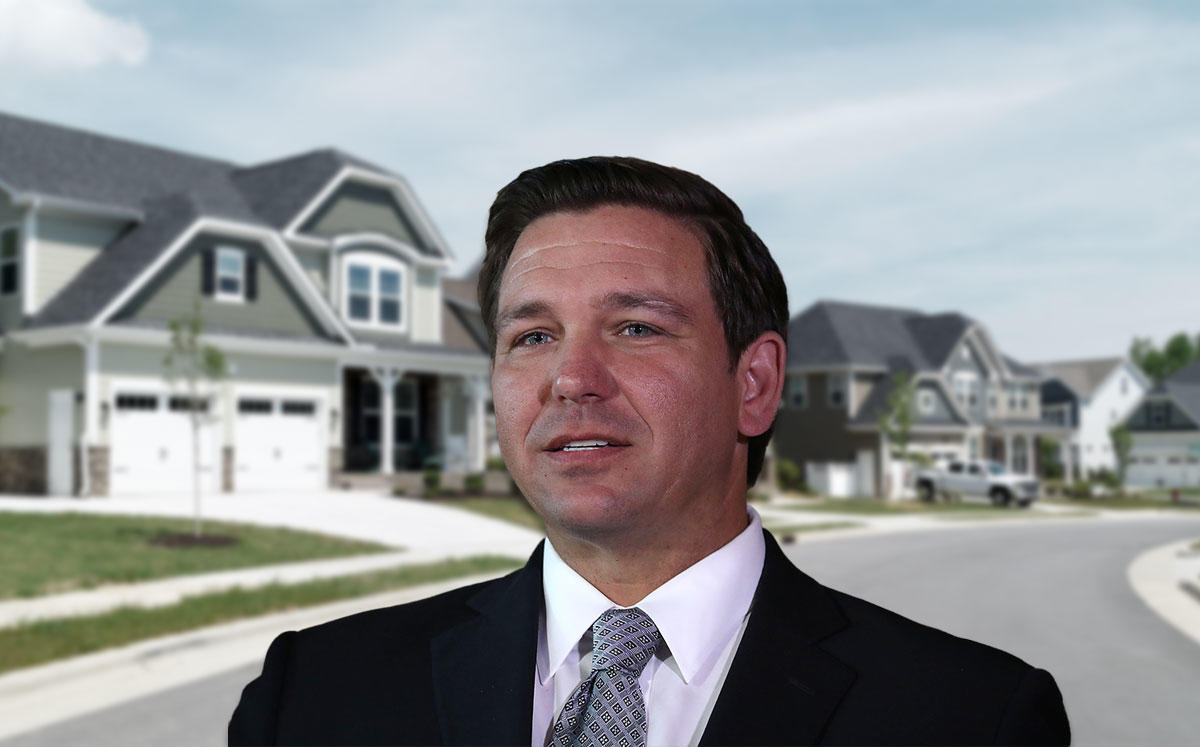Florida Gov. Ron DeSantis extended the state’s freeze on residential evictions and foreclosures until July 1.
The executive order, which was set to expire June 2, was renewed Monday night by the governor. It gives homeowners and renters more time in their homes if they can’t make their mortgage or rent payments due to the pandemic, but it does not provide financial relief to renters and homeowners. The order only prevents them from being evicted or foreclosed on until next month.
DeSantis’ original order was issued in early April and extended in May. The additional extension could mean that there will be even more evictions and foreclosures once July 1 rolls around.
Saul Ewing Arnstein & Lehr attorney Michael Denberg said that there will be a backlog of evictions, partially since some tenants were already under financial stress when the pandemic hit South Florida. But some experts warn a flood of tenants and homeowners could be forced out of their homes when the freeze is lifted.
More than 1 million Floridians have filed for unemployment, with a number of hospitality and retail owners laying off or furloughing their employees in South Florida. After about two months of government-ordered closures, retailers and now hotels have started to reopen, bringing back some of their pre-Covid workforce.
Miami-Dade County Mayor Carlos Gimenez suspended all eviction activity in mid-March. In mid-May, Chief Judge Bertila Soto of the Eleventh Judicial Circuit of Florida ordered that the court comply with a provision of the Coronavirus Aid, Relief, and Economic Security Act (CARES), stating that renters living in properties with federal subsidies or where the landlord has a federally backed mortgage can’t be given notice of being evicted until July 25. The required 30-day notice means they would have until Aug. 23 to vacate their homes if given notice of eviction.
